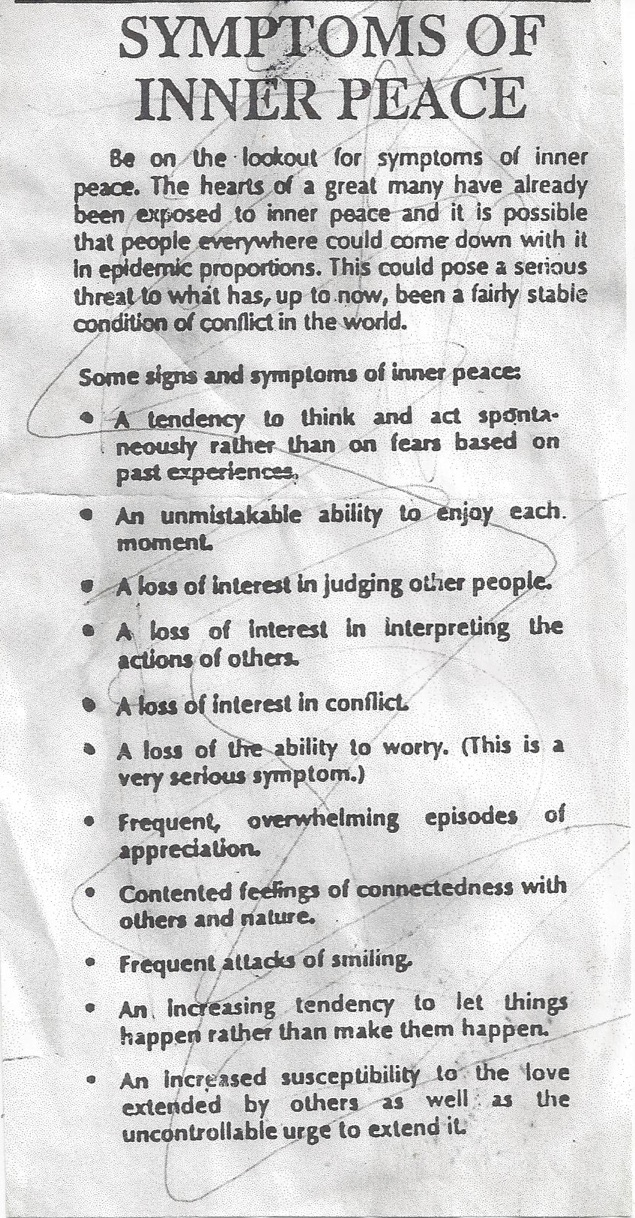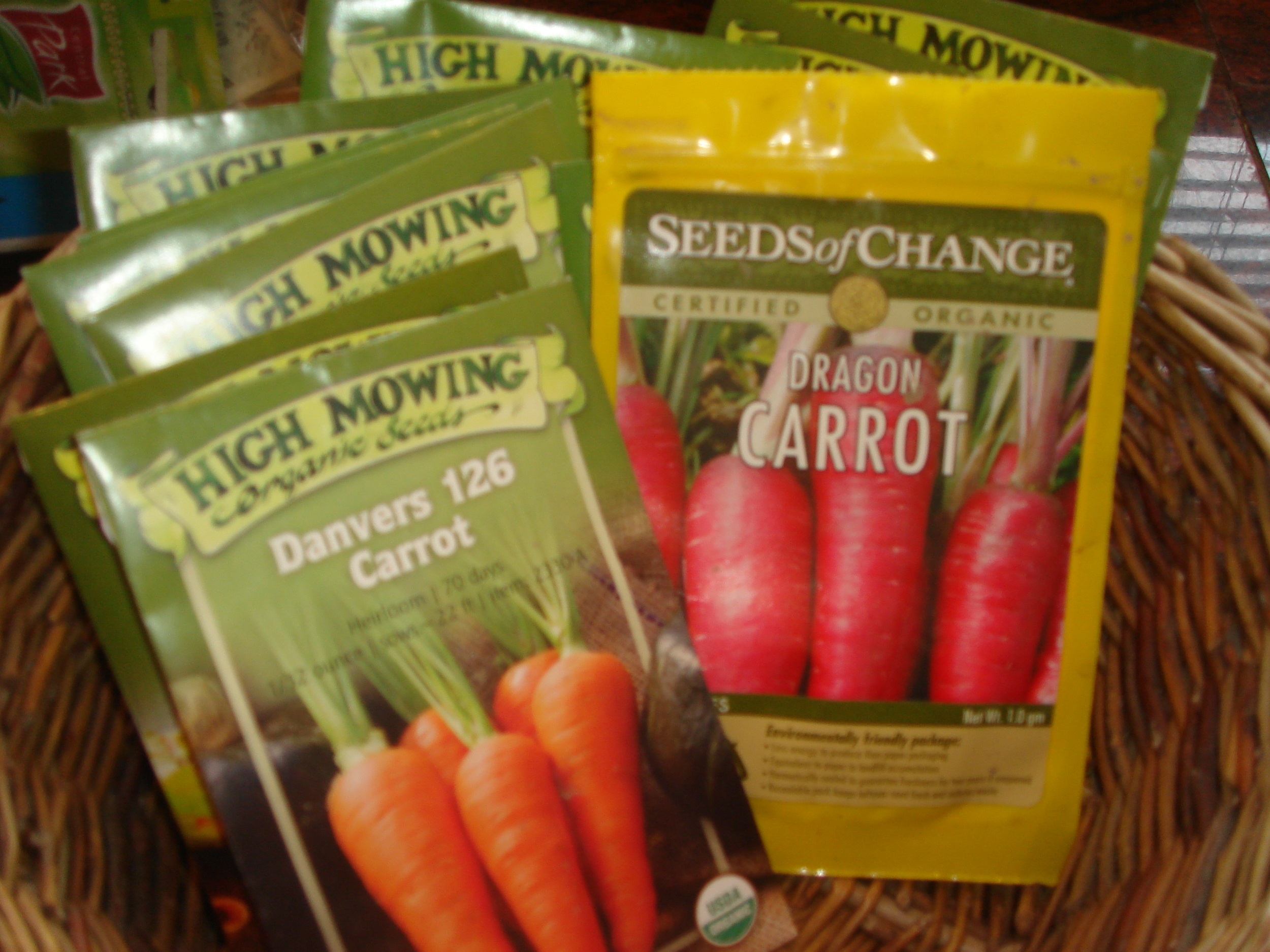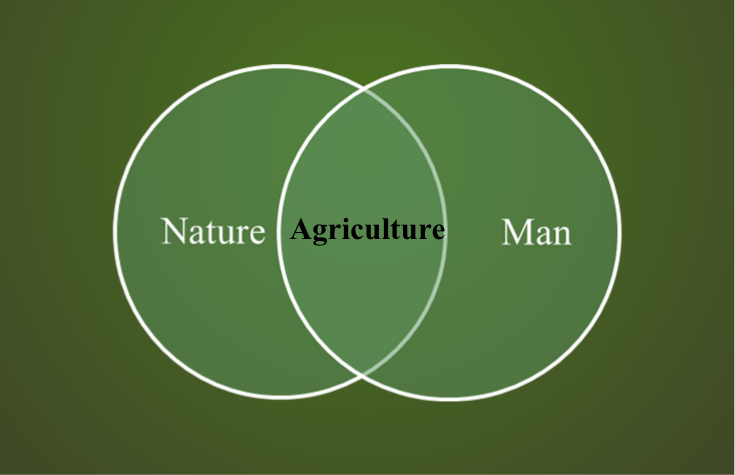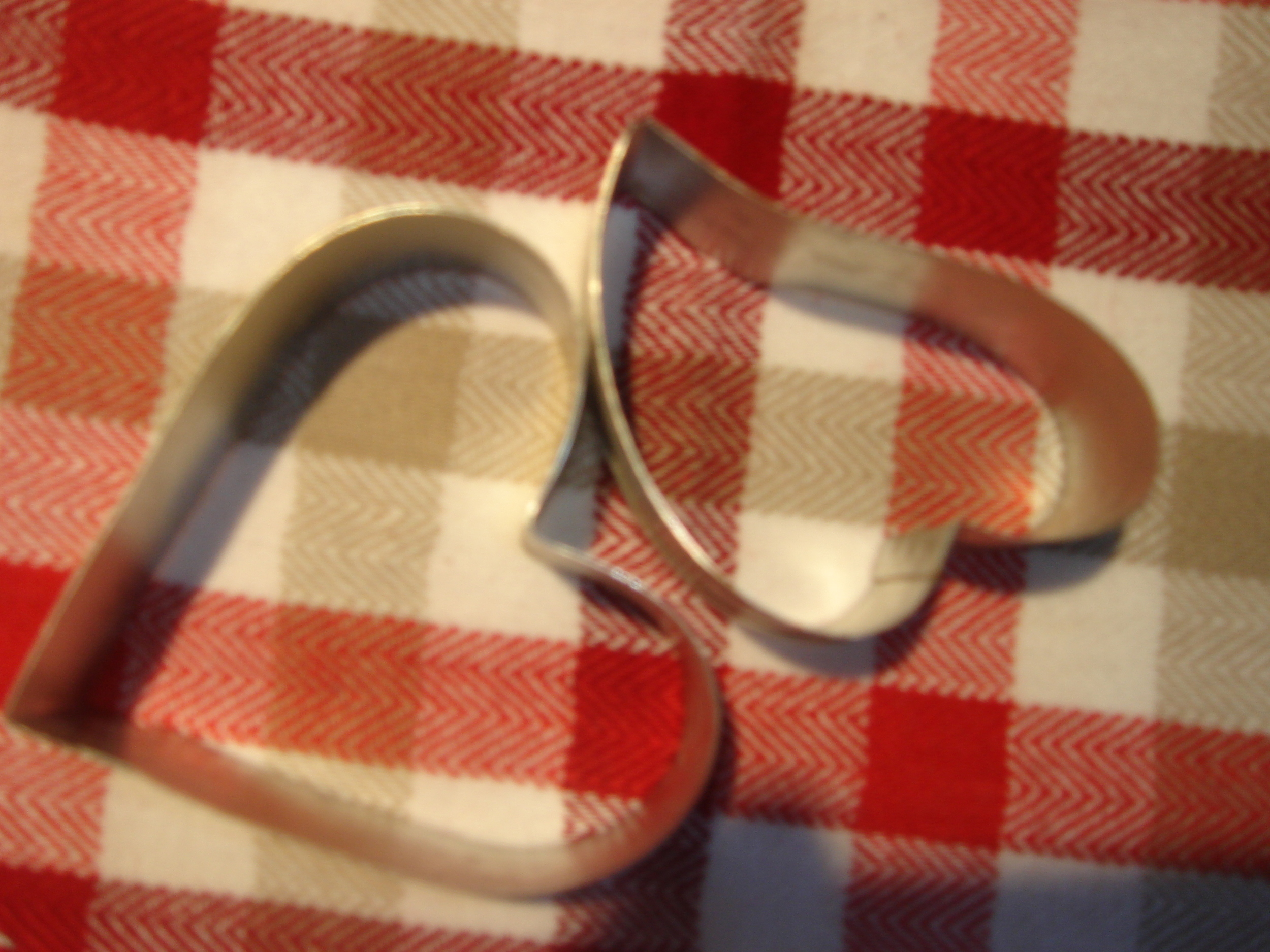The world is changing fast and society opening up to a greater variety of family arrangements and social expressions is just one manifestation of it; what with single moms, single dads, gay and lesbian parents, and the complex family structures of divorced and remarried parents. It became so clear to me when I read Saturday’s NY Times. On p. A9 I learned that for the first time in Cuba (of all countries) a transgender person was just elected a municipal representative. And on p. A11 I read that a republican senator, who was previously opposed to same-sex marriage, reversed himself on the matter when he found out his son was gay (this position now makes him at odds with his party). Amazing how quickly things can change. And our still relatively conservative little town (mind you, we are only 50 miles north of NYC) has now its very own LGBTQ Center of the Warwick Valley, at least online.





